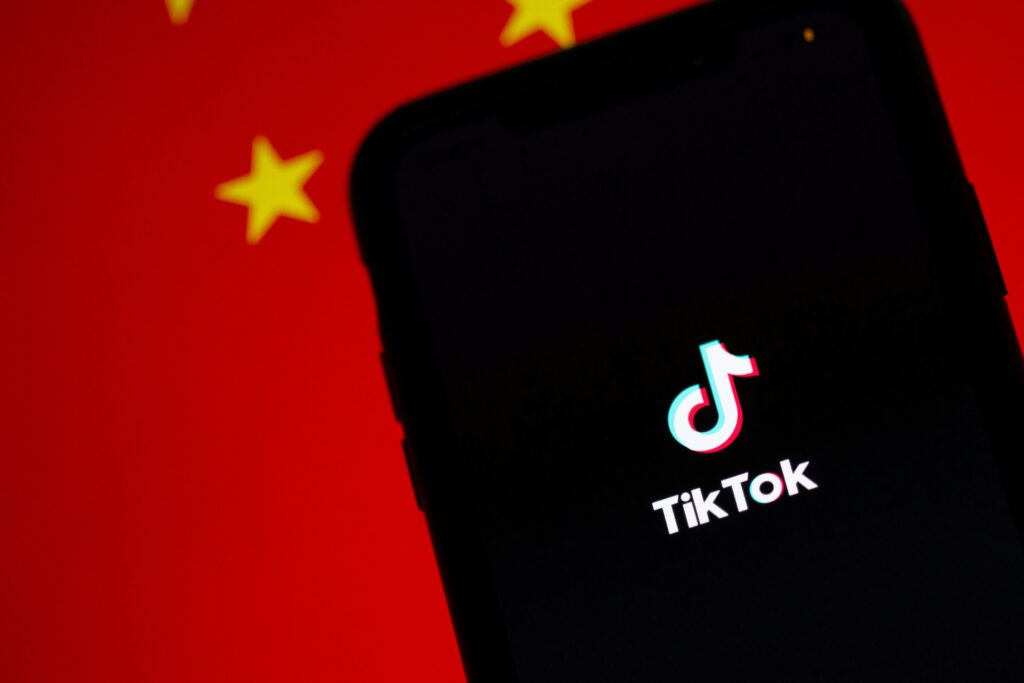Related Posts
On Wednesday, the U.S. House of Representatives will vote on a bill drafted by legislators to force ByteDance, a Chinese-owned company, to relinquish ownership of TikTok, the renowned short video platform approximately 170 million Americans use. The Justice Department presented a document to Congress, arguing that the TikTok divestment bill could be more effective than merely banning the platform.
The Heart Of The National Security Concerns
In today’s thriving digital world, data misuse and the possibility of foreign interference in popular digital platforms have gained the most attention in the national security discourse. The risks are more significant for the TikTok app, which has entirely penetrated the lives of around 170 million Americans since Bytedance, a Chinese company, owns it.
Among other legislators, the Biden administration expressed severe concerns about the range of national security concerns emerging from TikTok. Critics argue that the Chinese authority, famous for its precise management of social networks, could access the app’s data of millions of American users. This vast repository of information can include personal data and sensitive information about a person’s personality tendencies. If it got into the hands of the wrong people, it could be misused, aiming to be unfair and unjust.
This escalating concern drove the House Energy and Commerce Committee’s unanimous vote on a bill that proposes a significant measure: Bytedance will have to divest its ownership stake in TikTok within six months. Otherwise, it faces a ban in the U.S. for what they see as a necessity to safeguard national security.
The Justice Department’s Briefing

The Justice Department declassified a secret briefing for the House Energy and Commerce Committee to illuminate the event’s complexities and inform the public of their recommended actions. This report was essential, and one of its major themes was severe national security challenges regarding TikTok.
The document focused on the vast amount of data and other personal information that TikTok, in particular, collects from its users. This data includes personal identifiers and behavior patterns, which could dramatically affect privacy in case of inappropriate access. It also alleged that ownership by a Chinese firm, ByteDance, was an additional risk factor. The fact that data security laws and practices in the U.S. and China vary greatly means that American users may risk their privacy.
The Prospects of Divestment Over Banning
The Justice Department’s document presents an interesting perspective: although an outright TikTok ban is more tempting, a strategic divestment from China would benefit more in the long run. This is a solid position to take, especially in the context of former President Donald Trump’s previous failed attempt to ban the app.
Implementing a ban could result in various adverse side effects, such as legal obstacles and a user revolt. In addition, it will bring forth secure ownership of user data, such as posts, photos, and videos, plus less interruption for over a billion users. Hence, this method will be in harmony with the overriding objective of protecting user privacy and national security without excessively hampering the digital lifestyles of Americans.
Additionally, a divestment may weaken ByteDance’s control of TikTok, leading to data fragmentation and lessening the risk of the Chinese government accessing such information. It could set up a barrier between user data and potential foreign intrusion and, therefore, emerge as a more secure way than an outright ban.
Collaboration and TikTok’s Response

Resolving the TikTok issue has been a collaborative effort involving different government agencies. Cathy McMorris Rodgers, the House Energy and Commerce Committee chair at that time, acknowledged the significant contributions of the FBI, the Justice Department, and all the others.
These agencies have worked tirelessly over several months to develop a “targeted specific approach” targeting the national security concerns associated with TikTok. Deputy Attorney General Lisa Monaco played a crucial role in these discussions, highlighting the severe attention this issue has garnered at the highest levels of government.
TikTok issued a public statement reaffirming its confidentiality of user data. The company plainly expressed that it has not and will not divulge U.S. user data to the Chinese government. TikTok said that the proposed measure appears to have a predetermined outcome and might result in a complete ban of the platform in the United States.


[…] further stated that the legislation would censor free speech rights and harm small […]